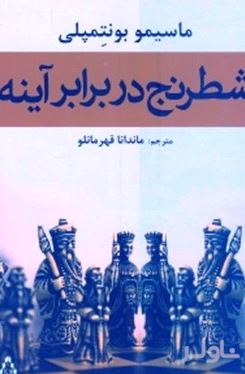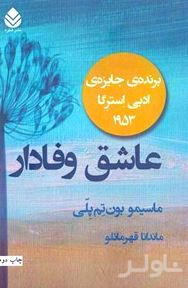|
نویسنده :
ماسیمو بونتمپلی
ناشر :
افراز
۳/۴ از ۵
|
|||
|
نویسنده :
ماسیمو بونتمپلی
ناشر :
قطره
۴/۲ از ۵
|



